The series “18th century English flute schools and writings on the flute” consists of 12 volumes. The Haydneum has been involved in the production of this niche publication.
For more information: baloghvera72 (kukac) gmail (pont) com

The series “18th century English flute schools and writings on the flute” consists of 12 volumes. The Haydneum has been involved in the production of this niche publication.
For more information: baloghvera72 (kukac) gmail (pont) com
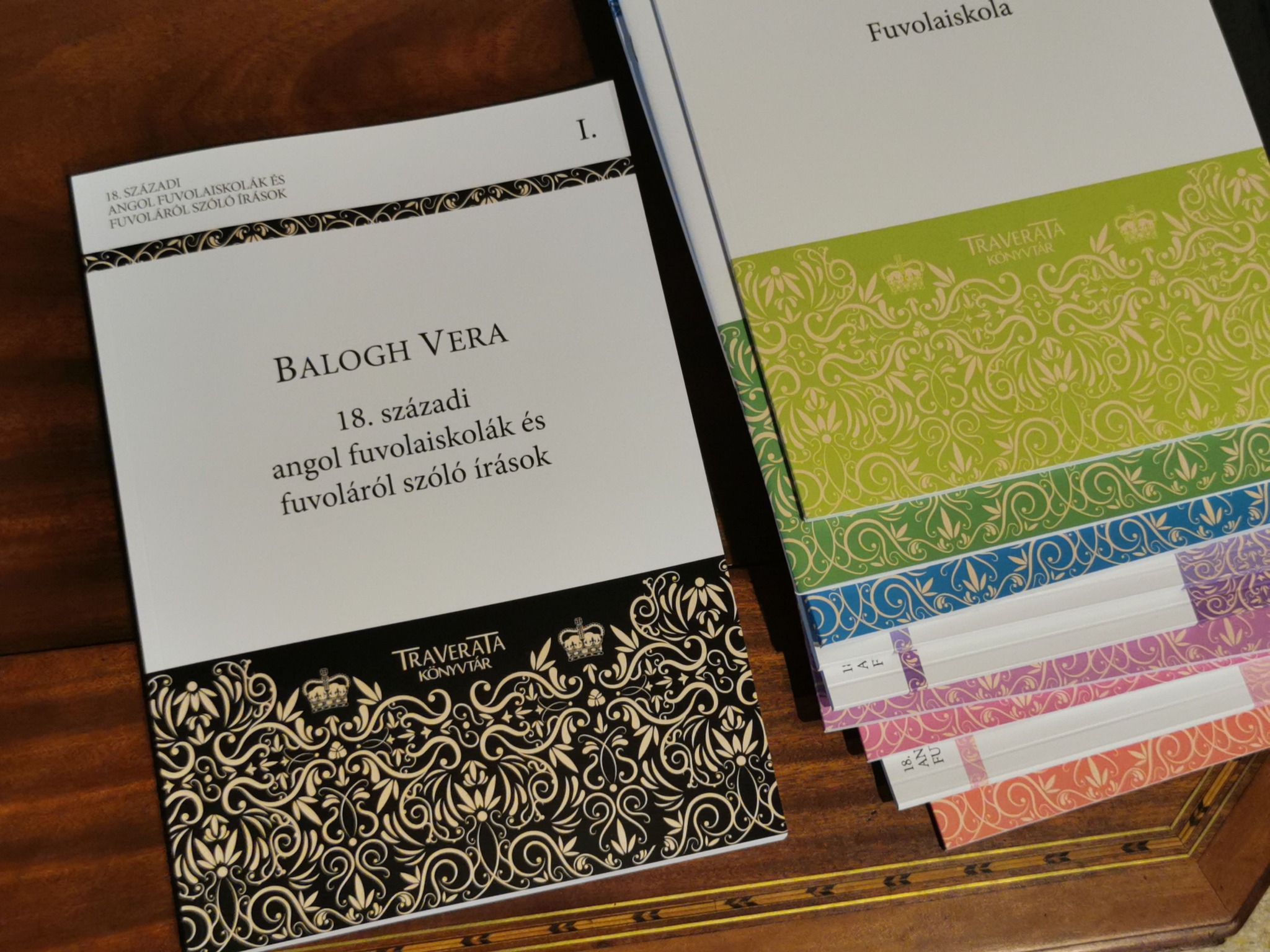
“With Jean-Baptiste Stuck’s Polydore, György Vashegyi’s directing talents alight once again on a French opera from the era between Lully and Rameau.
Whist Louis XIV’s reign was gradually drawing to a close, his nephew, duke Philippe d’Orléans – due to become regent for Louis XV on the death of the child’s great-grandfather, the Sun King – was greatly expanding his own court cultural activities (within which he had a pronounced predilection for Italian music). The Tuscany-born, later-naturalized Frenchman, Giovanni Battista Stuck was a beneficiary of ducal and regental munificence and, given that taste for opera continued at full tilt in Paris after Louis XIV’s death in 1715, Stuck was well-placed to prove his worth.
His most highly regarded opera is Polydore, a 1720 tragédie en musique with a libretto confected by Simon-Joseph Pellegrin: a mythological tale of Greeks, Thracians and Trojans, interweaving war, family and love, with tragedy brewing up throughout the work. Stuck’s vocal, choral and orchestral music infuses Pellegrin’s libretto with dramatic power: intense monologues, mournful laments, forceful duets, as well as sweeping choruses and stirring dance music. A splendid follow up to Vashegyi’s reading for Glossa of Gervais’ 1716 Hypermnestre (and the selection of his grands motets as well).“ Glossa Music
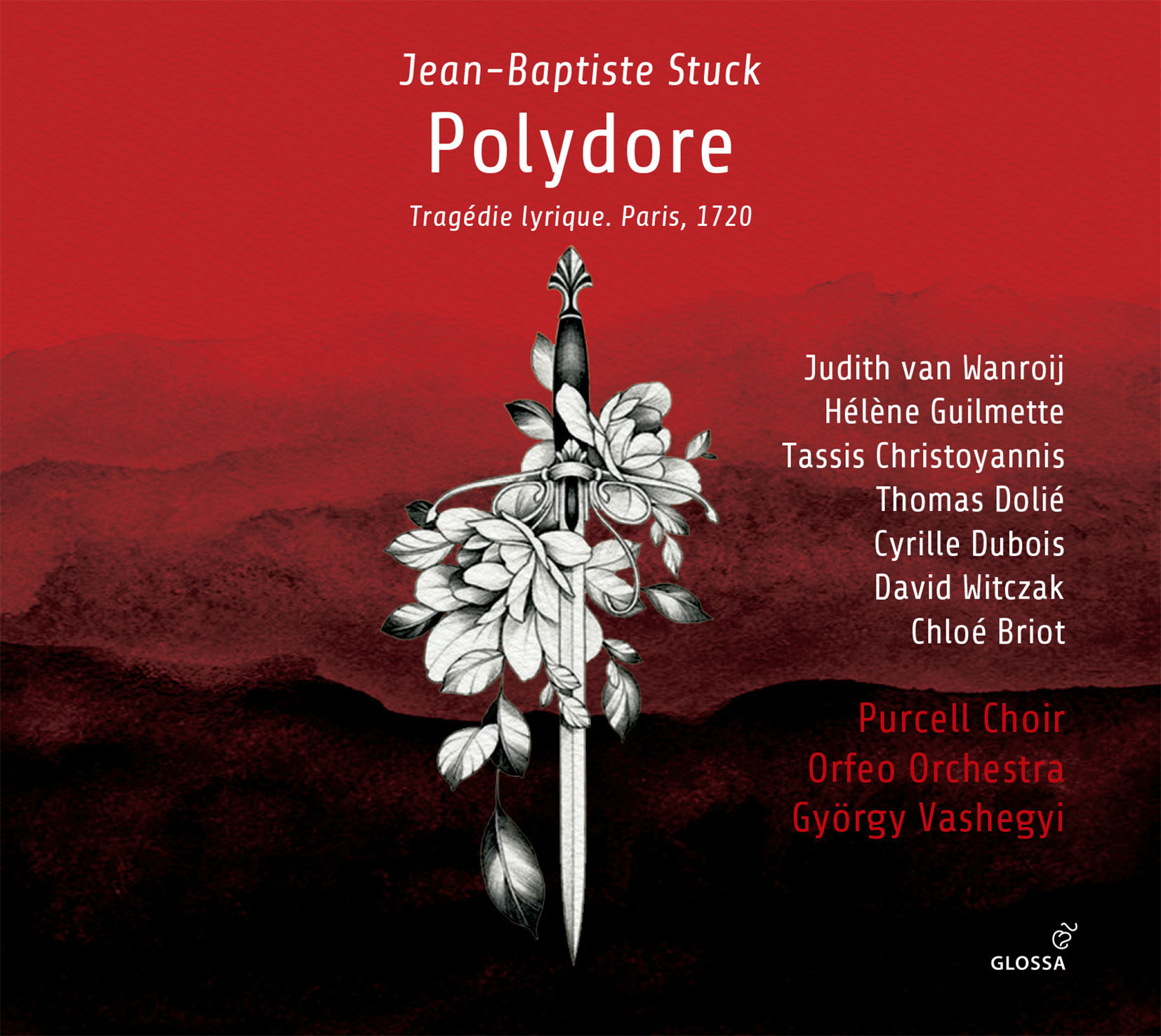
CHERUBINI: Les Abencérages, 1813
Opera in three acts by Luigi Cherubini on a libretto by Étienne de Jouy,
premiered on 6 April 1813 at the Académie Impériale de Musique (Paris)
Noraïme – Anaïs Constans
Almanzor – Edgaras Montvidas
Alémar, Le Vizir – Thomas Dolié
Gonzalve – Artavazd Sargsyan
Kaled – Philippe-Nicolas Martin
Alamir – Tomislav Lavoie
Abderam – Douglas Williams
Octaïr / Le Héraut d’armes – Lóránt Najbauer
Egilone – Adriána Kalafszky
Purcell Choir, Orfeo Orchestra (on period instruments)
György Vashegyi – conductor
Recording: 7-8-9 March 2022 in Müpa Budapest
Concert: 9 March 2022 in Müpa Budapest
Published: 11 November 2022
Co-production of Müpa Budapest, Palazzetto Bru Zane and Orfeo Music Foundation with the support of EMMI and the Haydneum – Hungarian Centre for Early Music.
Published by the Palazzetto Bru Zane Label for the ‘French Opera’ series.
Prizes:
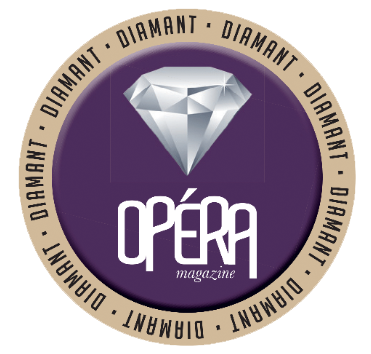


Available:
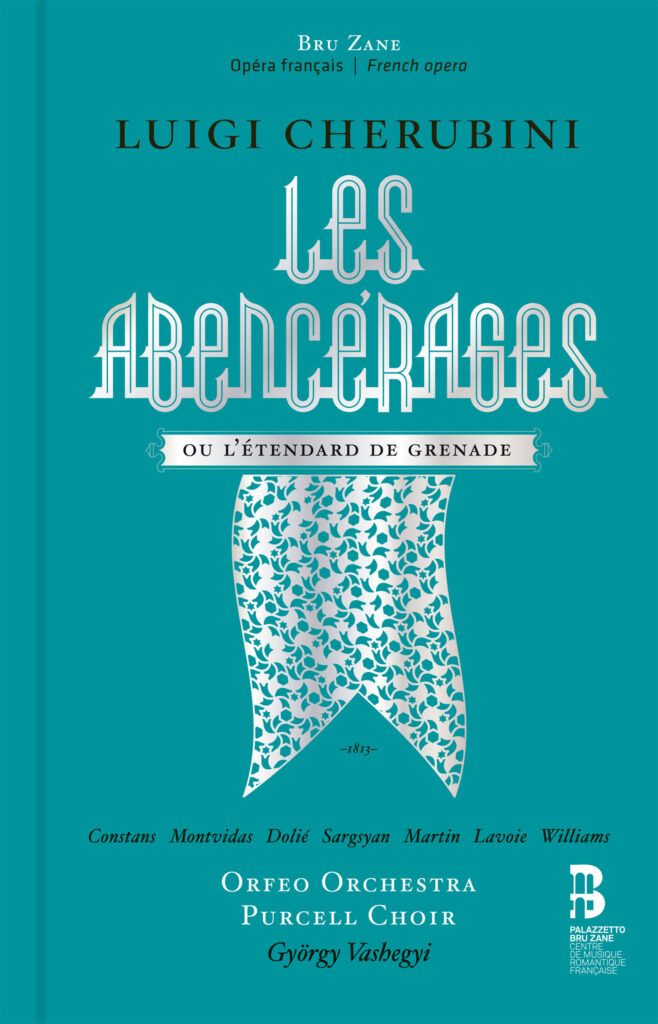
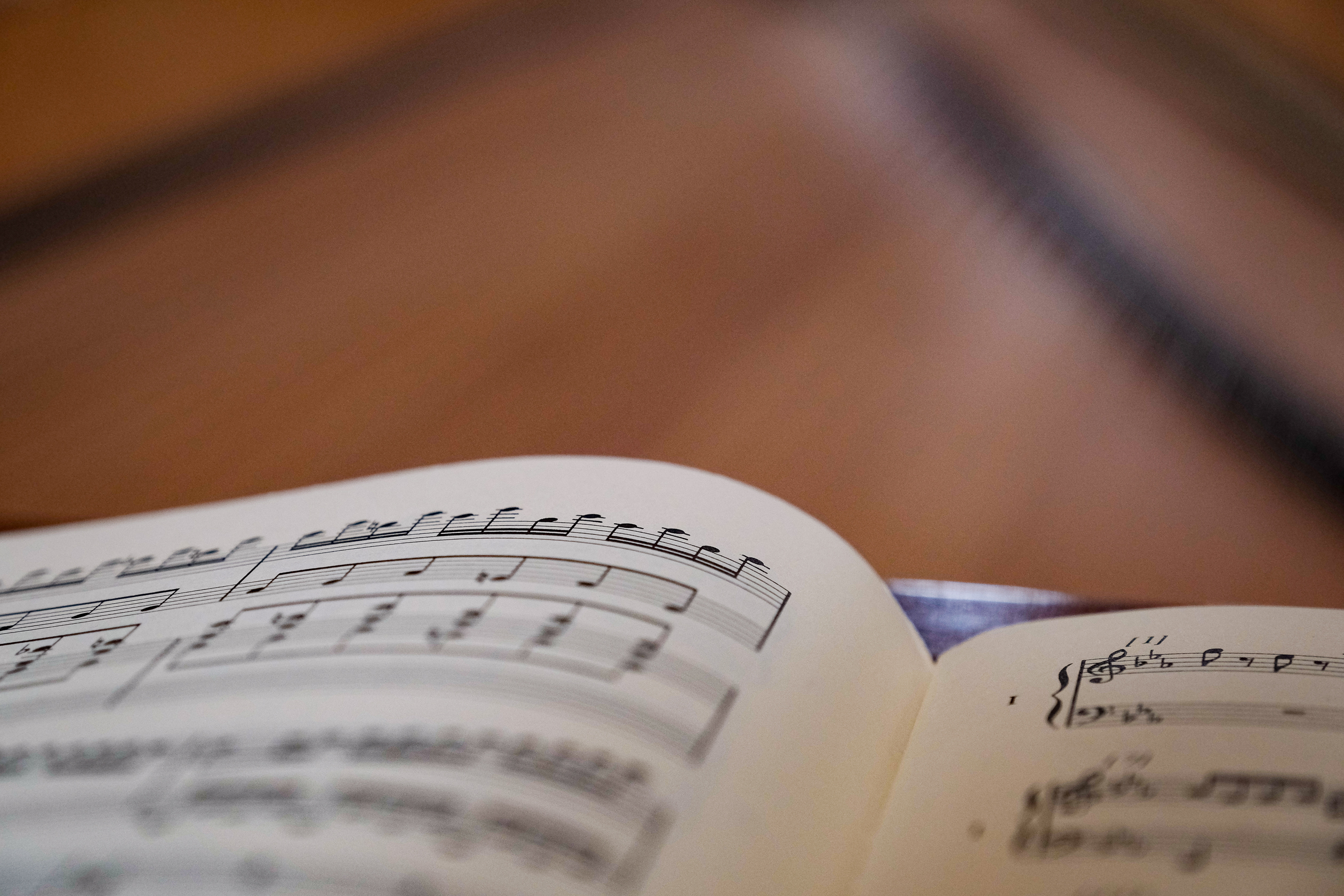
Copyright Haydneum, 2021. All rights reserved.
Developed with love by Pixel Ranger Studio Hungary.